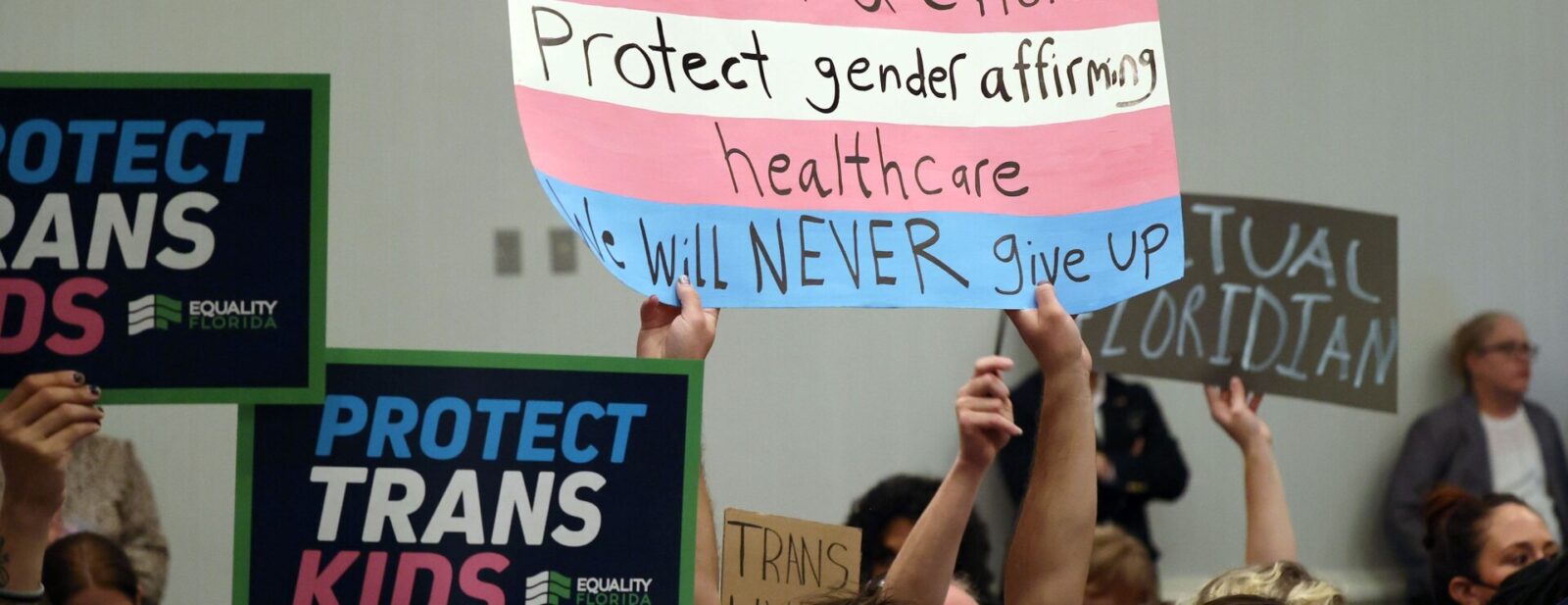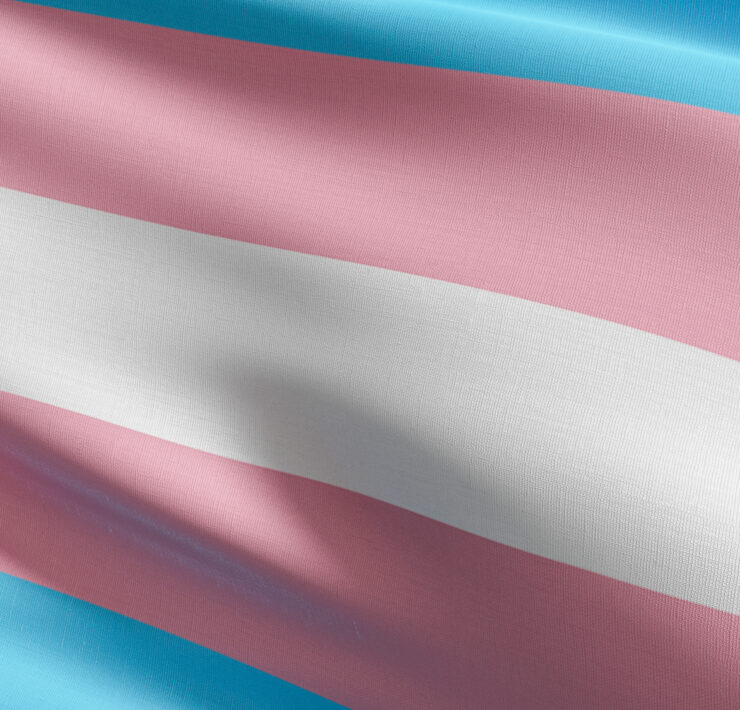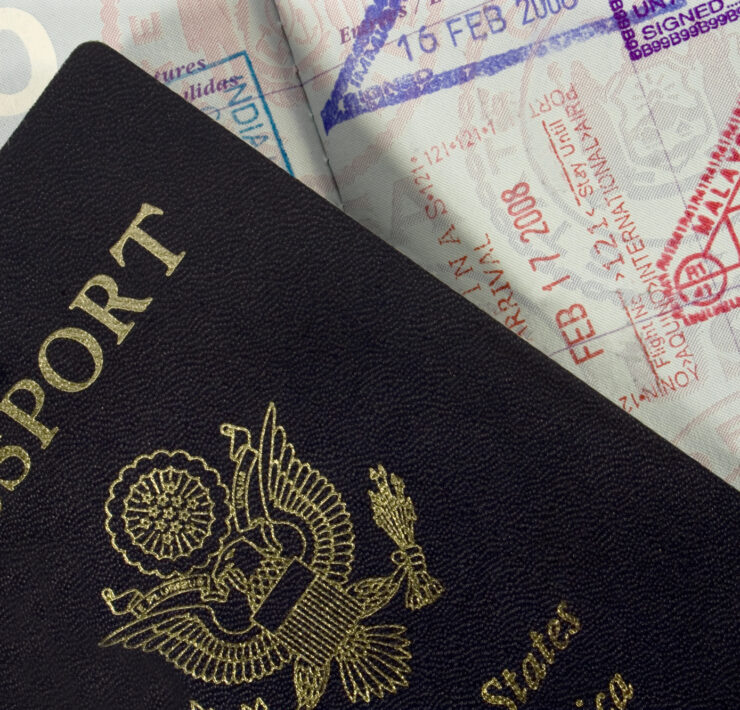Florida SB 254 Permanently Blocked, Protecting Access to Trans Healthcare

In a historic win for trans rights, a federal district court ruled to permanently block Florida SB 254, which placed a ban and heavy restrictions on transgender-related healthcare for trans minors and adults, respectively. The court found that the law was not based on medical science, but discrimination against trans individuals, stating, “Transgender opponents are of course free to hold their beliefs. But they are not free to discriminate against transgender individuals just for being transgender.”
Florida SB 254 was passed in May 2023 under the urging of Gov. Ron DeSantis. It banned access to essential medical care for trans youth, leaving very limited exemptions for minors already receiving care. However, the law was later expanded upon, affecting those minors grandfathered in, as well as limiting access of transgender adults, with threat of civil and felony penalties for medical professionals that would approve of and carry out trans healthcare-related procedures and treatments. The case challenging SB 254, Doe v. Ladapo, was brought before the U.S. District Court for the Northern District of Florida in December 2023, and isn’t the first time an anti-trans ban was blocked in Florida.
The trial featured experts in psychiatry, endocrinology, medical ethics, and pediatric medicine testifying to the long-established safety, efficacy, and standards for providing essential medical care for trans individuals, and the risks of denying care to individuals that require it. Finding that the law had no basis in medical fact, it was ruled that, while Florida can regulate, it cannot blatantly deny access to important and essential medical care to individuals that identify as transgender, when the same restrictions are not placed on cisgender individuals in need of the same care.
The plaintives in the case were Jane Doe and Gloria Goe, along with their anonymous children, and Lucien Hamel, and were represented by numerous LGBTQ+ and human rights organizations and firms, including GLBTQ Legal Advocates & Defenders (GLAD), Human Rights Campaign Foundation (HRC), National Center for Lesbian Rights (NCLR), Southern Legal Counsel (SLC), and Lowenstein Sandler LLP. Regarding the ruling, Jennifer Levi, Senior Director of Transgender and Queer Rights of GLAD, said, “It confirms that health care access must be based on principles of good medicine, not politics.”
Florida was the first state to pass a ban like this, and hopefully this ruling will deter other states from pursuing their own. Banning medical access to individuals belonging to any specific race or identifying as having a certain disability would be unthinkable, so it’s a relief that Florida SB 254 was blocked for being seen as exactly what it is, a clear constitutional violation. Plaintive Lucien Hamel stated that Florida is his home, and added, “The state has no place interfering in people’s private medical decisions, and I’m relieved that I can once again get the healthcare that I need here in Florida.”









